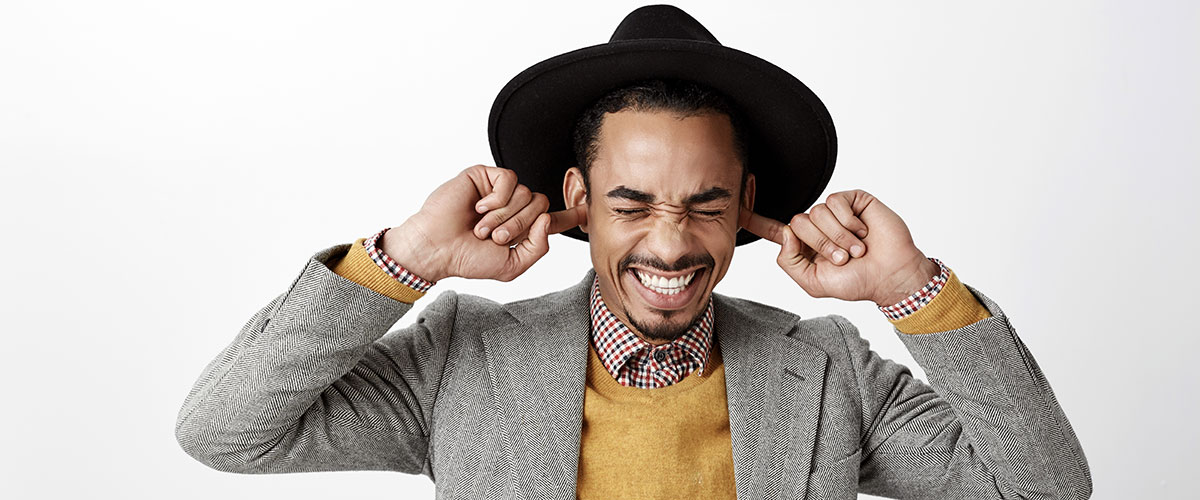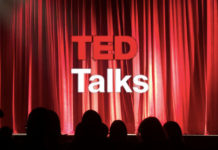Do you want to impress your friends, family and colleagues with fancy new words? Well, every year, new words are added to the French dictionary. What are the new words for 2019? And from what origin are the new words we are about to use daily?
Every language evolves. As individuals in a society, we tend to modify existent words to make them match a new trend or phenomenon. In the end, if enough people use these new words, they become official. The 2020 edition of Le Petit Larousse just added 150 new words. It will be available on May 22d, but in the meantime, here are 8 of the new words…
8 New French Words to Use in 2019
Adulescence
“Adulescence” is a clever “portemanteau” between the words “adulte” (adult) and “adolescent” (teenager). It’s a new way to talk about the phenomenon affecting some young people who, despite their entry into adulthood, continue to behave like adolescents. If you’re 25 years old but that you keep partying all week long, you might be in your “adulescence”.
Ubériser
You might notice that this new word comes from the brand “Uber”, which offers services including peer-to-peer ridesharing, ride service hailing and food delivery. When this brand arrived on the market, it changed the taxi business. And “ubériser” means just that : making obsolete an existing business model through the use of digital platforms.
Inclusif
This one is easy, since the French word matches the English one. Being inclusive means that you integrate a person or group by ending their exclusion. You can also talk about the “écriture inclusive”, a way of writing that avoids bias towards a particular sex or social gender. For example, in France, people can use the “point médian” to avoid discrimination : écrivain·ne·s.

Divulgâcher
“Divulgâcher” is a new word invented in Québec, reuniting the words “divulguer” (to disclose) and “gâcher” (to spoil). “Divulgâcher” a TV show, a movie or a book means that you revealed some important details from the plot. Obviously, it’s even worse if you reveal how the story ends or if people die… Don’t spoil movies!
Emportiérage
Do you bike around town? Surely, you’re careful about all the cars that speed beside you. But don’t forget to spot any person getting in or out of a car. “Emportiérage” is when someone strikes a cyclist by opening a door without warning. Yes, it’s dangerous, and now it has a name!
Locavorisme
If you want to consume responsibly, you should try to buy food locally. Forget about the fruits and vegetables that need a boat to cross the sea and arrive in your plate. “Locavorisme” is a movement advocating the consumption of food produced within a radius of 100 to 250 km maximum around your home. Be eco-friendly, eat locally.

Klouker
What a weird word… But that’s the perfect word to impress your French friends and colleagues. Use this verb! “Klouker” is used in Brittany and means that you’re binging on food. We don’t want to be a cliché, but if you visit Brittany, you have to “klouker” some “crêpes” and “galettes”.
Licorne
Obviously, the word “licorne” isn’t new. We all know the mythical unicorn, a legendary horse who rocks a long and pointy horn… But nowadays, a “licorne” can also be a privately held startup company valued at over $1 billion, like Uber or Airbnb. This term was invented by Aileen Lee in 2013 and will be among the new words of the Petit Larousse 2020.
These words are brand new, so you won’t find them in our “200 of the most used French words” list, but learn them anyway. It will be a great icebreaker for your next conversation with a French native!











